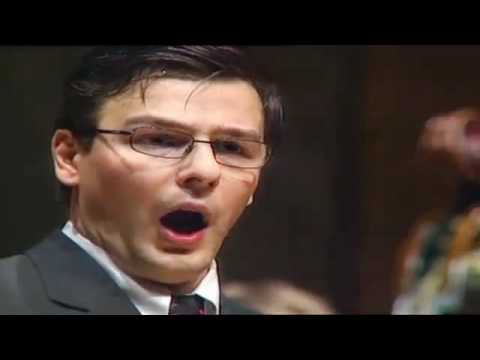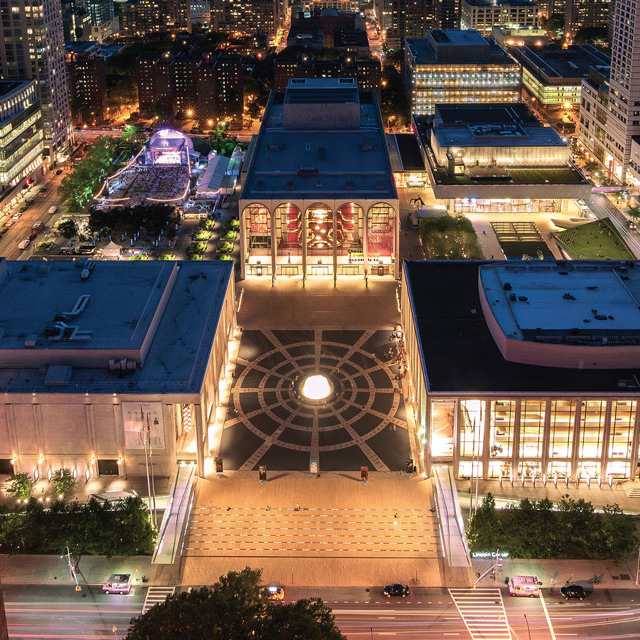From Hanako Yamaguchi, Lincoln Center’s Director of Music Programming (Great Performers, Mostly Mozart Festival, White Light Festival):
It is incredible how this simple plaintive melody that begins with a note materializing out of nothing, suspended in space, never fails to affect me profoundly. Whenever I hear George Frideric Handel’s aria “Ombra mai fu,” I am transformed. The work exemplifies the enormous power music has to lift and move one’s spirit.
In this aria from Handel’s opera Serse, first performed in 1738, the Persian king sings to his beloved plane tree, praising its beauty. It is preceded by a brief recitative (“Frondi tenere e belle”), which delicately sets the pastoral mood. Together they last just over three minutes and in that short time you are transported to another world. The song is a simple ode to a tree, but in it there is everything—a moment of fathomless grace and a nearly 300-year-old example of how being mindful can reveal the extraordinary within the ordinary.
I vividly remember the first time I heard a live and ravishing account of the work at the 1998 Mostly Mozart Festival by French contralto Nathalie Stutzmann and Concerto Köln. There have been so many brilliant performances since then. However, the two that stand out for me are by countertenor Andreas Scholl and the late mezzo-soprano Lorraine Hunt Lieberson—Andreas, for his pure and angelic delivery, and Lorraine for embodying all of humanity in her rich, earthy, and soulful embrace. Listen and I dare you not to be moved.
Andreas Scholl, Akademie für Alte Musik Berlin, 1999 (for best quality, I suggest the Harmonia Mundi recording.)
Lorraine Hunt Lieberson, Harry Bicket, Orchestra of the Age of Enlightenment, 2004



Agree that Scholl sings it best of all, maybe in music history. He correctly interprets the Largo as a reverie and interior, private and gently poetic moment, not a declamation.